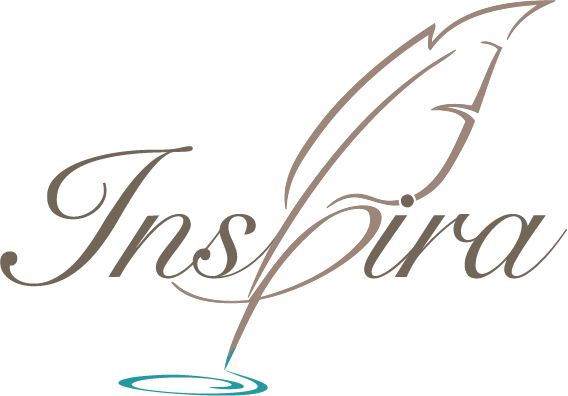Eight Steps to Creating Your Perfect Writing Environment
/Talk to 15 different writers and you’re likely to get 15 different responses to the question, “What is the perfect writing environment?”
Famed poet William Wordsworth did his best writing lying down, reportedly preferring to write his poems in bed, in the complete darkness, nonetheless! (We aren’t sure how he could see to write, but oh well, whatever works!) Novelists who allegedly chose to write lying down include Mark Twain, George Orwell, Edith Wharton, Woody Allen, and Truman Capote. They were all known for churning out pages while lying in bed or lounged on a sofa!
Alternately, author Dan Brown apparently likes to hang upside down for inspiration, claiming that “inversion therapy” helps him relax and concentrate better on his writing.
If all else fails in your quest for inspiration, you can always write in the buff, like Victor Hugo, author of Les Misérables. He frequently wrote au naturel, especially when he needed to work quickly. When facing a tight schedule for his novel The Hunchback of Notre Dame, Hugo instructed his valet to confiscate all his clothes so he wouldn’t be able to leave the house. Even during the coldest days, Hugo reputedly only wrapped himself in a blanket while he wrote.
All this to stay, the point is this: Regardless of your style, all writers need to establish a writing environment that is conducive to inspiration and productivity. The common denominators are: a) getting comfortable, b) getting organized, and c) getting started. Here are eight practical steps to help you find your inspiration and get into the flow of your writing:
Understand that inspiration doesn't just show up; you have to cultivate it.
Schedule your writing time. Remember, what gets scheduled is what gets done.
Appreciate the need for discipline. You won’t always feel like it. Like Nike says, “Just do it.” And do it again. And again and again and again. . .
Find a regular place where you can have solitude, a place free of distractions (including people, phone, TV, email, and social media).
Get proper hydration, nutrition, exercise, and rest. These all contribute to you being your best self (and therefore tapping into your best writing).
Surround yourself with things that inspire you (sights, sounds, smells).
Leverage the power of habit. The more you follow a routine, the better your sub-conscious self will be able to cooperate with you, and more quickly get into “the flow.”
Set deadlines for yourself if you don’t have external ones pressing on you. Pressure—even self-imposed—can be very motivating.
There you have it—eight things you can do to create your most inspirational writing environment. What will that look like for YOU?
(c) 2019 Inspira Literary Solutions. All rights reserved.


